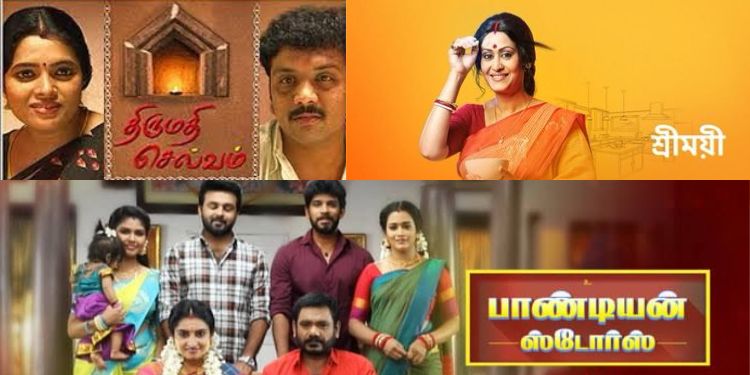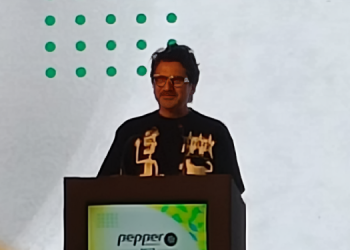Language barriers are breaking in the world of feature films, and it is more noticeable of late. The success of Kannada franchise KGF and Telugu action drama RRR are recent examples.
But, way before this, television screens witnessed this phenomenon. In 2009, Tamil serial Thirumathi Selvam was remade in Hindi as Pavitra Rishta. In the same year, it was adapted in Malayalam as Nilavilakku, in Telugu as Devatha, and in Kannada as Jokali. The soap opera was again adapted in Telugu in 2021 as Srimathi Srinivas.
More recently, the Tamil show Pandian Stores, broadcast on Star Vijay since 2018, has had eight remakes in seven languages. It has been remade in Telugu and Kannada in 2019 as Vadinamma on Star Maa and Varalakshmi Stores on Star Suvarna respectively.
In 2020, Pandian Stores was adapted as Sahkutumb Sahaparivar in Marathi on Star Pravah, as Bhaggolokkhi in Bengali on Star Jalsha, and as Santhwanam in Malayalam on Asianet. In Hindi, it donned the name Gupta Stores.
Similarly, from Anupamaa in Hindi to Aai Kuthe Kay Karte in Marathi to Shanti in Odia, Bengali serial Sreemoyee that first aired on Star Jalsha was remade in eight Indian languages.
Industry practitioners believe that though remakes of serials are not a recent phenomenon, there has been an uptick in this trend, which is poised for further growth mainly because of the lack of original content in the Indian serial space.
Another major reason they point out is the luxury of using a tried and tested formula that has garnered success in other languages.

“These days, stories transcend all boundaries. If the story is good, it is not necessary that it will resonate only with one topographical region. It can cross all geographical boundaries, which is becoming evident as days pass by. There is going to be an uptick of stories getting shared in other languages in the television space. The advantage is that the channels get a readymade storyline and screenplay. The channels are not experimenting with the content as the formula has already worked and reaped success,” says Anup Chandrasekharan, media veteran and former Business Head, Colors Tamil.

According to Anil Ayroor, Group COO, Flowers TV & 24 News, the lack of innovative story ideas will fuel the trend.
“A good script is the backbone of any fiction show, and there is a dearth of talent in the television content space, which forces the channels to go behind the remakes or adaptions of already successful shows. The thought of not wanting to experiment with the content is another factor. The remade content offers a minimum guarantee to the channels,” says Ayroor.

Reghu Ramachandran, Business Head, Surya TV, shares a similar opinion. “This trend will grow as there is a lack of original ideas in the fiction space. The already successful formulas are another reason behind adaptations.”
Content Cost, Saleability & Production Houses
According to Chandrasekharan, if the content ownership is within the cluster of TV channels, there are hardly any IP rights costs when it is remade. He explains that if one chooses an IP from another broadcast network, then IP rights will bear a cost.
“The other cost-saving, in all probability, is a line item, which is screenplay and dialogues. As the screenplay has already worked in other markets, there is no extra cost attached. Hence, market costs remain the same,” he adds.
“If you look at it from the production processes of television channels, they are already receiving a successful format. So the costs can be calculated in a planned way. The success in other languages has set a basic benchmark for the content, which makes it easy to pitch to the client and makes the product easily sellable,” adds Ayroor.
Could the trend also provide opportunities for production houses?
“This remake trend provides production houses an opportunity to get inspired from good stories and take that core element of the story, sensitise the core thoughts to local requirements and make it successful,” says Chandrasekharan.
“Remakes make it easier for production houses’ hunt for successful formats; they will reduce their strain and there is a high probability of success,” adds Ayroor.
In other words, for channels and production houses, remakes mean less risk.

















